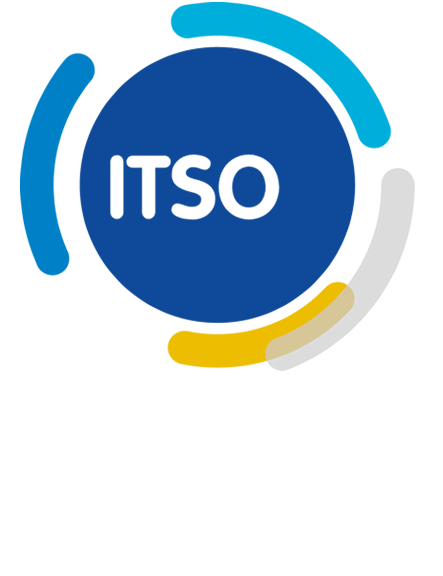Blog: Scottish Passenger Transport Excellence
On Wednesday, business development manager Nigel Cullum spoke at Scotland's 2nd Annual Passenger and Public Transport Conference. The event brought together representatives across the transport industry to discuss the challenges and opportunities ahead as services and passenger expectations are transformed by digital opportunity.
Nigel opened by discussing how smartphones have given us the ability to take more control over our lives and how developments in technology should be giving us the freedom to plan daily activities, such as travel, in an informed way and allow us to be in charge of our progress from A to B.
To highlight the current issues Nigel highlighted the convoluted process required to get him to the event using numerous apps and booking engines to get to the event. Whilst he was informed to a degree, he wasn’t in control of his overall booking experience. He stated that whilst there are many ways to make travel more joined up and give passengers back some control, it needs to start with ticketing.
Nigel explained that in Scotland, ITSO is the predominant smart ticketing technology across all modes of transport and more commercial ticketing schemes are rolling out ITSO commercial products. He went on to discuss that with the level of investment already committed to building up the ITSO smart ticket infrastructure, there is an obvious drive to utilise what is in place to create a solution that can be accessed from the touch of a button on a smartphone.
Nigel then said that the main problem holding things back is the passenger having to rely on either downloading or launching a travel application dependant on where they are or where they are travelling to. He stated that within rail, passengers can select their journey and calling points, choose their ticketing option and now buy their ticket and have it delivered to their smartphone instead of collecting it at the station. However, joining rail up to other transport modes, such as bus or even ferry, will involve using other booking apps with a myriad of ticketing options.
However, Nigel pointed out there is hope through a number of well-developed schemes across the UK. For example, Transport Scotland has interoperability with one ticket standard across different transport modes as a key objective. He said that Account Based Ticketing is an obvious way to remove a lot of the angst and deliberation over what ticket to buy. Mobile applications can focus clearly on providing route and timetable information, the process of acceptance and eventual best fare promise will deliver the best traveller experience. And finally, Mobility as a Service models are starting to mature, giving passengers options for first and last mile travel and providing them with more journey control.
Nigel’s conclusion emphasised that since developing a completely joined-up approach in the transport industry will take time, the priority needs to be on delivering what is possible in the short term, i.e. moving to mobile ticketing, whilst embracing the exciting options for the future.


